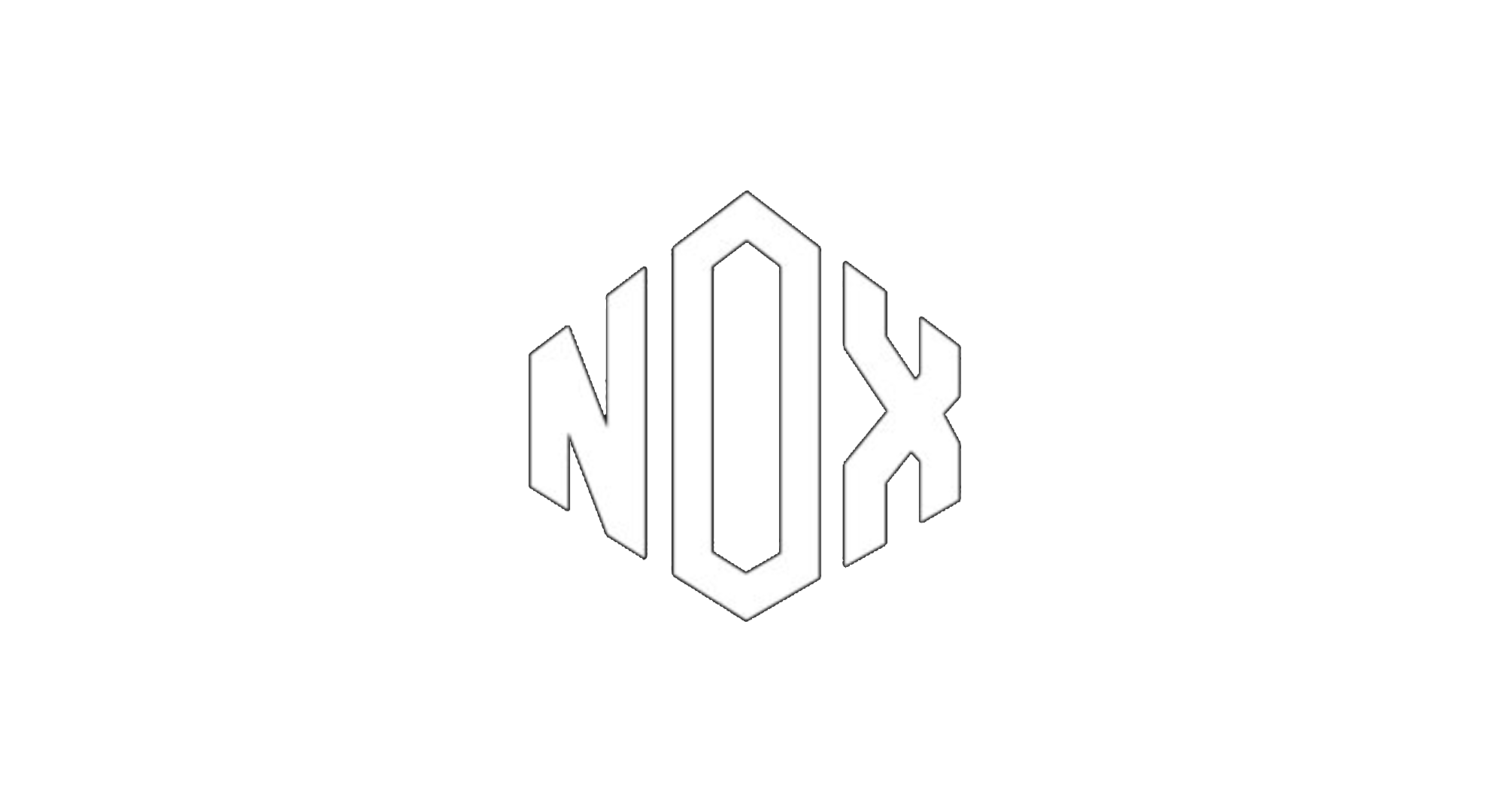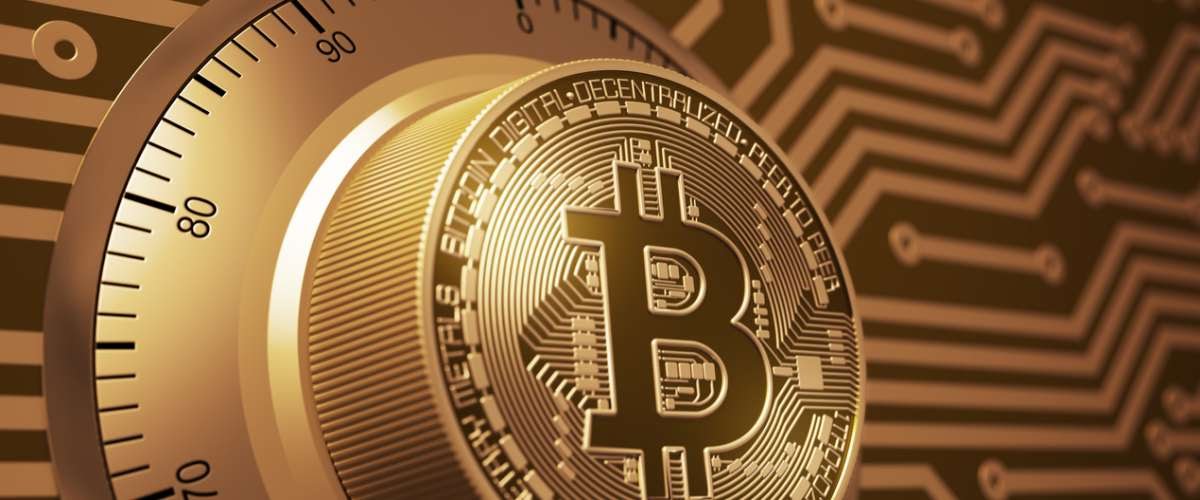Bitcoin: The Digital Gold Standard
Bitcoin: The Digital Gold Standard
In recent years, Bitcoin has emerged as a revolutionary digital asset, often drawing comparisons to gold and even being dubbed "digital gold." This comparison isn't without merit, as Bitcoin shares several key characteristics with the precious metal that has been a store of value for centuries. Let's explore why Bitcoin is increasingly being viewed as the digital gold standard for the 21st century.
Scarcity: The Foundation of Value
One of the most striking similarities between Bitcoin and gold is their scarcity. Gold's value is largely derived from its limited supply, and Bitcoin mimics this characteristic in the digital realm. With a maximum supply capped at 21 million coins, Bitcoin's scarcity is even more pronounced than that of gold. This built-in scarcity helps protect Bitcoin against inflation, making it an attractive store of value in an era of expansionary monetary policies.
Decentralization: Freedom from Central Control
Unlike fiat currencies, which are subject to the whims of central banks and governments, Bitcoin operates on a decentralized network. This independence from centralized control mirrors gold's historical role as a hedge against government-induced currency devaluation. In times of economic uncertainty or geopolitical tension, both Bitcoin and gold can serve as safe-haven assets.
Durability and Portability
While gold has stood the test of time due to its physical durability, Bitcoin offers durability in the digital space. It cannot be destroyed or corrupted as long as the blockchain network remains intact. Moreover, Bitcoin surpasses gold in terms of portability. Transferring large amounts of Bitcoin across the globe is as simple as sending an email, whereas moving physical gold is cumbersome and costly.
Store of Value in the Digital Age
As our world becomes increasingly digital, Bitcoin represents a natural evolution of the concept of a store of value. It combines the scarcity and durability of gold with the speed and efficiency of digital technology. This makes Bitcoin particularly appealing to younger generations who are more comfortable with digital assets.
Volatility: A Double-Edged Sword
It's important to note that Bitcoin's journey to becoming the digital gold standard is not without challenges. Its price volatility remains a significant concern for many investors. While this volatility can lead to substantial gains, it also introduces risks that are less pronounced with physical gold. However, as the Bitcoin market matures and institutional adoption increases, many experts predict that this volatility will decrease over time.
The Future of Bitcoin as Digital Gold
As Bitcoin continues to gain mainstream acceptance, its role as a digital gold standard is likely to solidify. Major corporations are already adding Bitcoin to their balance sheets, and some countries are exploring its use as legal tender. This growing adoption could further cement Bitcoin's status as a legitimate store of value in the digital age.
However, it's crucial to remember that the concept of Bitcoin as digital gold is still evolving. The cryptocurrency market is young compared to traditional financial markets, and regulatory landscapes are still taking shape around the world. Investors should approach Bitcoin with careful consideration of their risk tolerance and investment goals.
Conclusion
Bitcoin's unique properties of scarcity, decentralization, and digital nature position it as a strong contender for the role of digital gold in the 21st century. While it may not replace physical gold entirely, Bitcoin offers a compelling alternative for storing and transferring value in our increasingly digital world. As we move forward, the concept of Bitcoin as the digital gold standard will likely continue to gain traction, potentially reshaping our understanding of value storage in the modern era.































































































